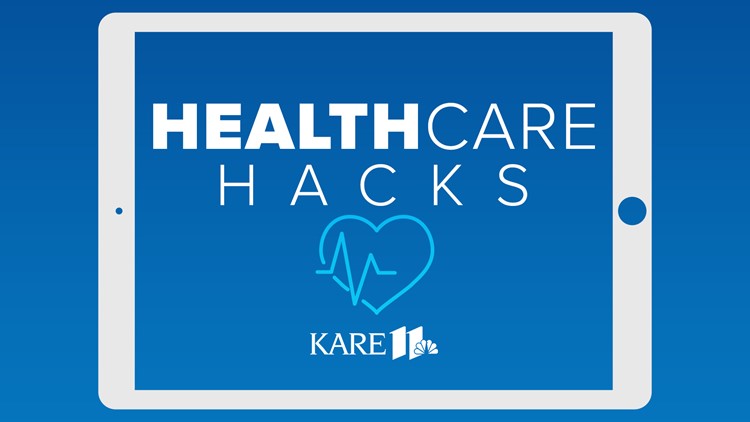GOLDEN VALLEY, Minn. — Watch Health Care Hacks on YouTube!
Who doesn't love a good surprise?
Unfortunately, not all surprises are good. In fact, maybe the worst kind is a surprise medical bill.
Our expert health care hacker, Jonathon Hess of Athos Health, has some tips to help you avoid finding yourself the recipient of one of these surprise bills.
For these purposes, we’ll define a “surprise medical bill” in this way: You have insurance, but you still get a bill for something that you weren’t expecting to have to pay for; a bill that goes beyond just a co-pay, co-insurance, or part of your deductible, and that is not covered by your insurance.
There are a couple common ways these bills occur: The services are out of network, or the insurance company deems them unnecessary and refuses to pay.
Out of network.
It’s pretty straightforward to check to see if a provider or hospital is in network before you go in for an appointment. But did you know that you could go to an in-network hospital, and accidentally see an out-of-network surgeon? In that scenario, you would still pay more for the surgery.
If you’re unconscious and in an ambulance, you can’t always avoid this. But if possible, ask the questions. Is the surgeon in network? Is the anesthesiologist in network? Is the physical therapist you’ve been referred to in network? If not, ask for a different one.
What do you do if you do get that out of network bill? Negotiate. When your insurance company says something is out of network and you have to pay the full charges, they’re basically removing themselves from the equation. The onus is on you to pay. But most providers realize that they’re charging more than they need to when it’s just a patient paying on their own - not an insurance company. So, Hess suggests, look at what you can pay, and try to shoot for 40% to 60% of the full bill. Because insurance companies have negotiated rates, that’s often the amount they pay, anyway.
You can also ask to go on a payment plan. Most providers offer these, interest free, for 12 to 24 months. So if you get that big bill, and you’ve already tried negotiating, you can at least give yourself a year or two to pay it off.
Denial
The second way people commonly get hit by surprise medical bills is that the insurance company denies the coverage. They might say your back surgery, or whatever procedure you’ve having, is not medically necessary.
The best way to avoid this is to ask for something called a predetermination. Any time you are able to plan ahead for getting outpatient surgery, infusion therapy or a high-cost radiology test like a CT scan or MRI, always ask for a predetermination.
In this process, your doctor sends your medical records and information to the insurance company and makes sure they’ll cover the procedure, before you have it.
Note: This is different from a prior authorization. Even if the insurance company says you don’t need a prior authorization, you should always get a predetermination. Otherwise, you’re rolling the dice.
If you have a question about your health care costs, or a topic you'd like us to cover in Health Care Hacks, email us at healthcarehacks@kare11.com.



